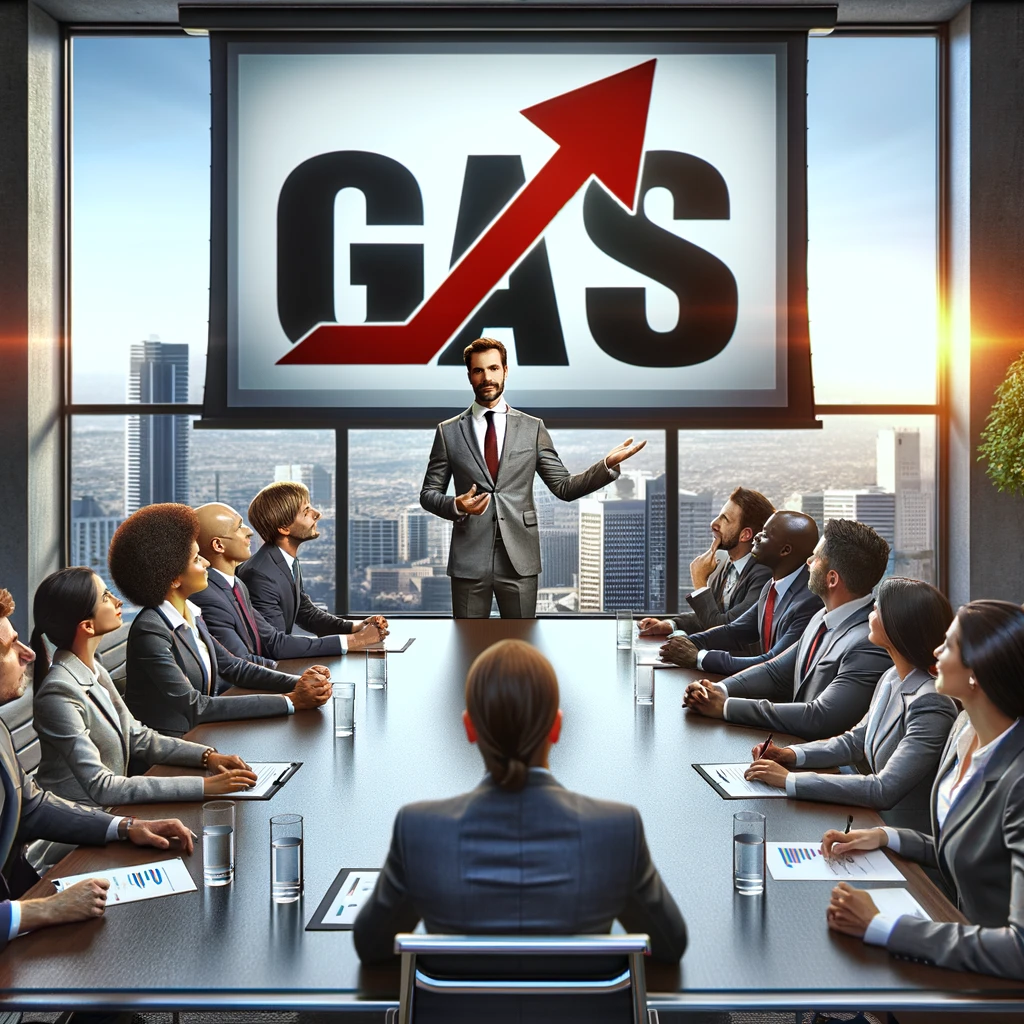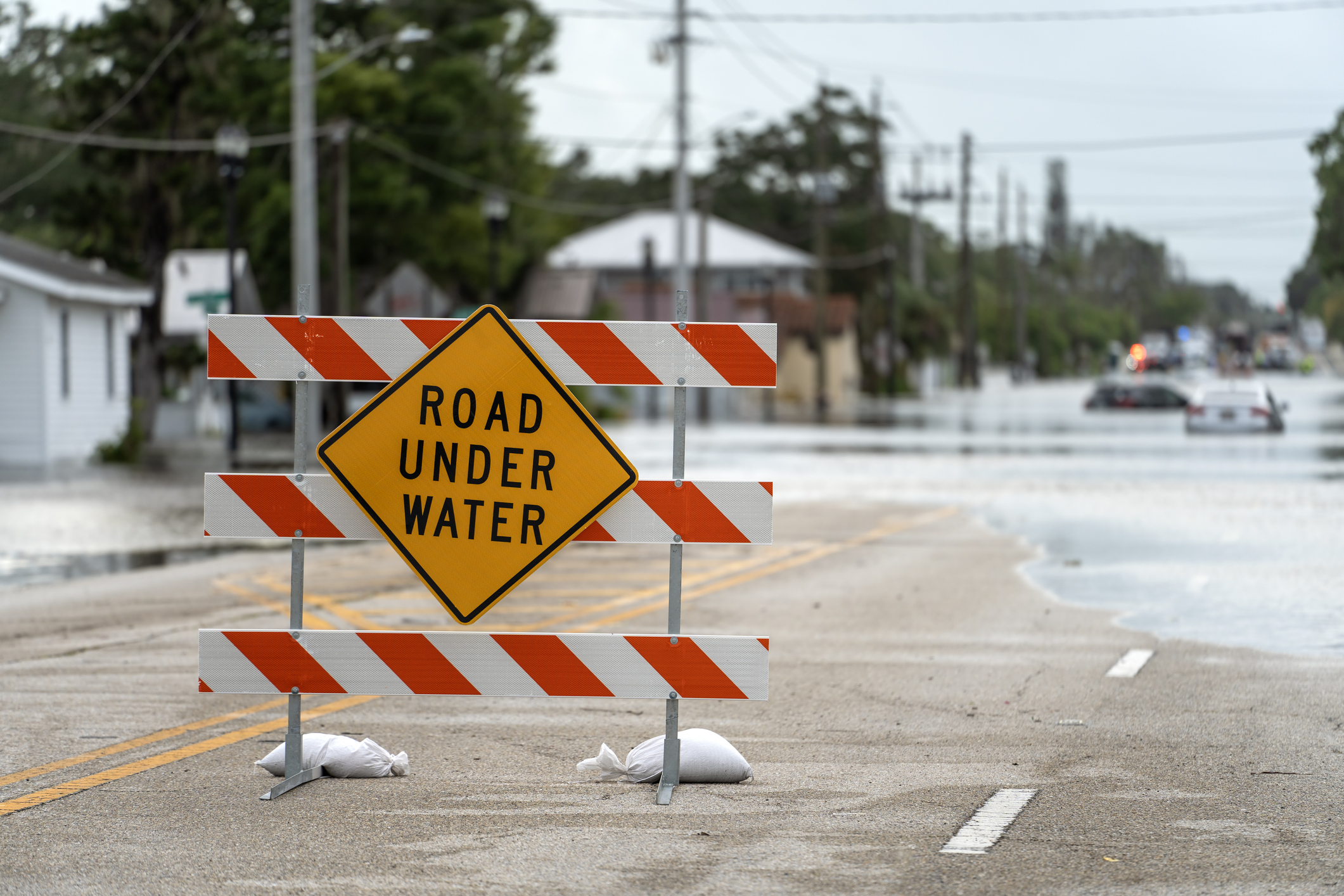Despite claiming for the past few years that his tax on CO2 emissions wouldn’t increase gas prices, documents from his administration show Jay Inslee has long known taxing CO2 emissions would significantly increase gasoline and natural gas prices.
In fact, the governor’s own chief policy advisor and the Senior Policy Advisor of left-wing environmental group Climate Solutions said the policy would increase gas prices, even saying that was the intended goal.
The documents from the governor’s office are the clearest evidence yet that Governor Inslee and others in his administration knew they were lying when they claimed the new tax on CO2 emissions wouldn’t increase gas prices.
 The documents are from reports generated for the Governor’s 2014 Carbon Emissions Reduction Taskforce (CERT). Based on analysis created for the CERT, Governor Inslee’s chief policy advisor Matt Steuerwalt told legislators that a CO2 cap-and-trade system, like the one the state now has, could significantly increase gas prices. “I want to make sure we stop on what are the price impacts, because I think everybody should know,” he told the committee. “We are having a very transparent conversation about what the likely price impacts of putting a price on carbon are.”
The documents are from reports generated for the Governor’s 2014 Carbon Emissions Reduction Taskforce (CERT). Based on analysis created for the CERT, Governor Inslee’s chief policy advisor Matt Steuerwalt told legislators that a CO2 cap-and-trade system, like the one the state now has, could significantly increase gas prices. “I want to make sure we stop on what are the price impacts, because I think everybody should know,” he told the committee. “We are having a very transparent conversation about what the likely price impacts of putting a price on carbon are.”
You can watch the video here.
He told members of the Senate Environment, Energy & Technology Committee that a “High Carbon Price” scenario with a CO2 price of $52 per metric ton (MT) – almost identical to the state’s current CO2 price – would increase gas prices by 44 cents per gallon. He noted, “that’s a lot of incremental cost on the transportation fuel side.”
The cost projections from the Inslee Administration’s study were also covered in the media. In an article by John Stang in Crosscut headlined, “A carbon tax would push state's gasoline prices higher,” with a subhead, “If Gov. Jay Inslee and the Legislature adopt a carbon tax, new studies from his office show Washington's gasoline prices will increase.”  In the story, Stang noted, “If Gov. Jay Inslee pursues a carbon emission tax, Washington's gasoline prices could increase by as much 44 cents by” 2020 when the CO2 price would have been $52/MT.
In the story, Stang noted, “If Gov. Jay Inslee pursues a carbon emission tax, Washington's gasoline prices could increase by as much 44 cents by” 2020 when the CO2 price would have been $52/MT.
It is now documented that Governor Inslee knew he was lying when he told reporters and the public that the tax on CO2 would “have a minimal impact if any. Pennies. We are talking about pennies.”
The evidence and calculations come from an economic model created for the CERT showing the impact of two potential cost scenarios. The low-cost scenario forecast a CO2 price of $45 per metric ton (MT) in 2035. The high-cost scenario projected a price of $172 per MT. A tax on CO2 emissions of $45/MT, the model projected, would add about 38 cents per gallon, with the $172/MT price adding $1.46 per gallon.
The calculation the Inslee Administration used to create those projections is identical to the one the Washington Policy Center used in 2022 to project that the new climate tax would increase gas prices about 46 cents per gallon.
Notably, the cost projections were not controversial with supporters of a tax on CO2 emissions. They argued that increasing gas prices was the goal.
In a letter included in the final report of the CERT, Perry England from McDonald-Miller Facility Solutions noted, “The economic modeling suggests that a price on carbon will increase gasoline prices between 40 cents and $1.50 by 2030,” and that “A carbon price will increase the cost of heating, cooling, and lighting buildings…” He went on to note that these increased prices would push people to change how they use energy.
Left-wing environmental group Climate Solutions – which spent the last two years denying the climate tax would increase gas prices – said that increasing prices on gasoline was the intent of the tax. KC Golden, who Governor Inslee subsequently appointed to the NW Power and Conservation Council, wrote in a letter to the CERT that the purpose of increasing gas prices is to cause people to shift away from fossil fuels. He wrote, “The idea that we will sit still for higher gas prices” is wrong, adding that “Only when prices tell the truth about the costs [of the impact of CO2] can we efficiently deliver and choose cost-effective alternatives.” Put simply, the very purpose of taxing CO2 is to make fossil fuels unaffordable.
I had forgotten about these projections until one of my research colleagues came across the Crosscut article and I reviewed the original studies in my files. Looking back at the CERT report, it is remarkable how direct and open everyone was about the policy and the consequences. There were debates about what policy was best, how to avoid price volatility, and whether the costs were worth the benefits. People certainly disagreed about those issues and the details, but there was a basic honesty about the real-world tradeoffs.
That honesty is now largely gone. The dishonesty that has come to characterize the discussion about climate policy in Washington began in earnest after the failure of the 2018 climate initiative pushed by the governor and environmental groups. The lesson they appear to have learned from that failure is that telling the truth about their policy would doom it with the public.
It has been obvious the governor and his administration knew they were lying, especially when the State of California and energy economists across the political spectrum all agreed about the price increase a tax on CO2 emissions would generate. Now, there is no denying that Governor Inslee knew too.





